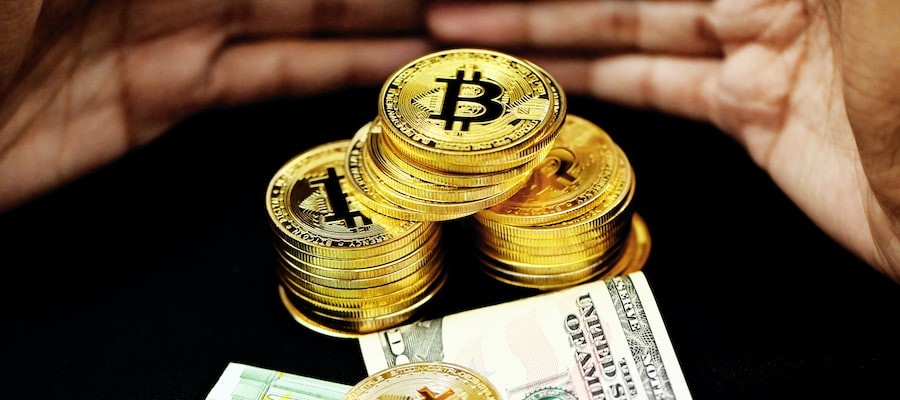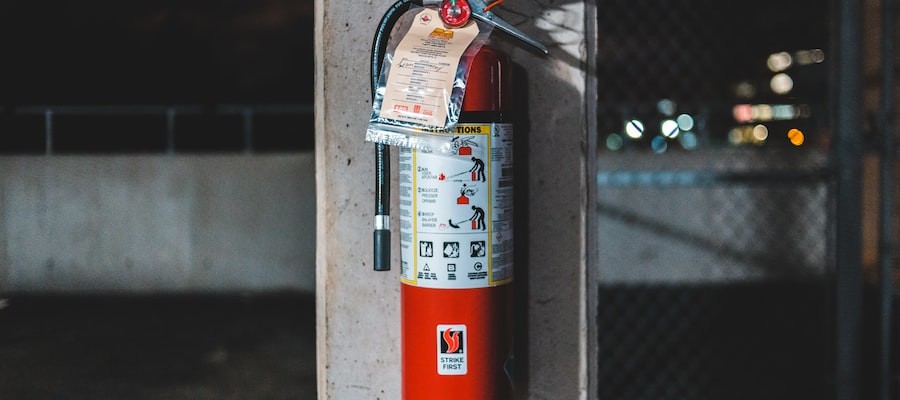Introduction
Cryptocurrency is gaining popularity every day, thanks to its decentralized nature. However, as the crypto market matures, the need for crypto security measures has become more important than ever. In this article, we’ll explore different measures and strategies you can use to secure your cryptocurrency.
Why Do You Need Crypto Security Measures?
Crypto security measures are necessary to protect your digital assets from theft, fraud, and hacking. Without adequate security measures, your crypto assets can be easily stolen by hackers, and you could lose them forever. In addition, cybercriminals are now using more sophisticated techniques to target crypto exchanges and wallets, which is why you need to be extremely cautious when dealing with cryptocurrency.
Crypto Security Measures to Implement
Here are some of the security measures you can implement to secure your cryptocurrency:
Start with Strong Passwords
One of the basic security measures is to create secure passwords. Avoid using common words or number sequences. Instead, use a combination of upper and lower case letters, numbers, and special characters to create a strong password. You can use a password manager to store your passwords securely.
Use Two-Factor Authentication
Two-factor authentication (2FA) is an additional security layer that requires you to provide another form of identification, such as a token or biometrics, in addition to your password. It’s a simple but effective way to reduce the risk of unauthorized access.
Cold Storage
Cold storage is the practice of storing your private keys offline. This protects your assets from online attacks as it’s not connected to the internet. You can use hardware wallets like Ledger Nano, Trezor, or KeepKey to store your private keys securely.
Stay Up-to-Date with Security Patches
Software updates often contain critical security patches that fix vulnerabilities or weaknesses in the system. Ensure you keep your software updated to avoid potential security issues.
Avoid Public Wi-Fi
Public Wi-Fi networks are not secure. Hackers can easily intercept the data you send and receive over a public Wi-Fi network. Whenever possible, avoid using public Wi-Fi with your crypto wallet or exchange accounts.
Keep Your Private Keys Safe
Cryptocurrency transactions are irreversible, so losing your private keys means losing your crypto assets forever. Keep your private keys safe by making a backup and storing it in a secure location.
Be Careful with Phishing Scams
Phishing scams are commonplace in the crypto world. Keep an eye out for emails or messages that ask you to reveal your login credentials or private keys, or that redirect you to fake websites. Be extra cautious when dealing with emails or messages from unknown sources.
Conclusion
In conclusion, securing your cryptocurrency is essential to protect your digital assets from theft, fraud, and hacking. The measures we’ve discussed in this article are just some of the ways you can secure your crypto assets. Remember to always stay vigilant and keep yourself informed about the latest security threats.
Frequently Asked Questions
- What is cold storage for crypto?
- How do I create strong passwords for my crypto accounts?
- Why is two-factor authentication important for crypto exchanges?
- Can I store my private keys in a cloud service?
- How do I keep my private keys safe from theft or loss?
- What are the potential risks of using public Wi-Fi to access my crypto accounts?
- How do I detect phishing scams in the crypto world?
- Why is it essential to stay up-to-date with security patches?
- Can hackers steal my crypto assets even if I use strong passwords and 2FA?
- How can I recover my crypto assets if I lose my private keys or access to my wallet?
Answers
- Cold storage for crypto refers to the practice of storing your private keys offline, such as in a hardware wallet or paper wallet.
- To create strong passwords for your crypto accounts, use a combination of upper and lower case letters, numbers, and special characters. Avoid using common words or number sequences.
- Two-factor authentication is important for crypto exchanges as it adds an extra layer of security and reduces the risk of unauthorized access to your account.
- No, it’s not safe to store your private keys in a cloud service as it’s vulnerable to online attacks.
- You can keep your private keys safe by making a backup and storing it in a secure location. Also, avoid sharing your private keys with anyone, and use a hardware wallet for cold storage.
- Public Wi-Fi networks are not secure, and hackers can easily intercept the data you send and receive over such networks. Avoid using public Wi-Fi when accessing your crypto accounts.
- Phishing scams in the crypto world often involve fake emails or messages that ask you to reveal your login credentials or private keys, or that redirect you to fake websites. Be cautious when dealing with emails or messages from unknown sources, and always double-check the URL of the website.
- Security patches often contain critical fixes for vulnerabilities or weaknesses in software. Stay up-to-date with the latest security patches to avoid potential security issues.
- Even with strong passwords and 2FA, hackers can still steal your crypto assets using advanced hacking techniques. That’s why it’s essential to implement multiple security measures and stay informed about the latest security threats.
- If you lose your private keys or access to your wallet, it’s not possible to recover your crypto assets. That’s why it’s crucial to keep your private keys safe and make a backup.




